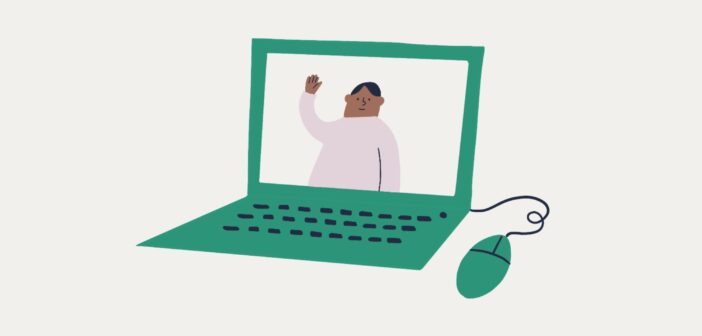When the COVID-19 pandemic first took hold in March 2020, both students and teachers were thrust into the world of e-learning. Now, over a year into the pandemic, e-learning has become commonplace in most households across America. However, while most families are focused on how to work with e-learning in the present, students are also looking ahead to what the sudden shift to e-learning means for the rest of their schooling.
Does this mean that the famous “snow day” has now become a thing of the past? Will there ever be an unexpected day off again now that schools are ready to shift to at-home learning at the click of a button? The
2021 spring semester ultimately allowed schools to test out that system. As more schools moved to return to in-person learning, they still had the ability to switch to remote learning as snow and ice storms and extreme cold temperatures made an already rough winter miserable.
As much as online learning has essentially abolished the snow day as students knew it, the growth and widespread adoption of e-learning due to the COVID-19 pandemic has essentially guaranteed a complete overhaul of our education system.
While the world transitions to remote learning, many schools, including K–12, realize how easy remote learning
was and how to make it accessible for students at a moment’s notice. This transition has made it obvious
to many schools and colleges that education can be effectively done online. It has the potential to be an
alternative to in-person learning for some students permanently.
As the COVID-19 pandemic hopefully comes to an end soon, it is becoming clear that many of the precautions and practices that government officials put in place to protect everyone might just be here to stay. The world is
going to look much different, even post-pandemic, and online learning could lead to a whole new way to educate the next generation of students.
Sydney Chmielewski, ‘23
“I see online options continuing well into the future past COVID. This experience has shown that it’s easier than people had previously thought to be inclusive through online learning.”
Sam Koppitz, ‘22
“E-learning can provide different opportunities for more equitable modalities of education for all students. As a music education major, I have seen my friends plan incredible and engaging lessons where students can move at their own pace, participate and collaborate in group discussion in a variety of ways that can be adjusted to their comfort level. These lessons were so effective because they did a fantastic job of utilizing the online environment to its fullest extent. Their students wouldn’t have had that same opportunity without e-learning.”
Kenny Miller, ‘22
“We are walking into new territory with online learning. We are making education more accessible to people in many different places. (Moving forward), it will change the way we view accessible education for many.”

